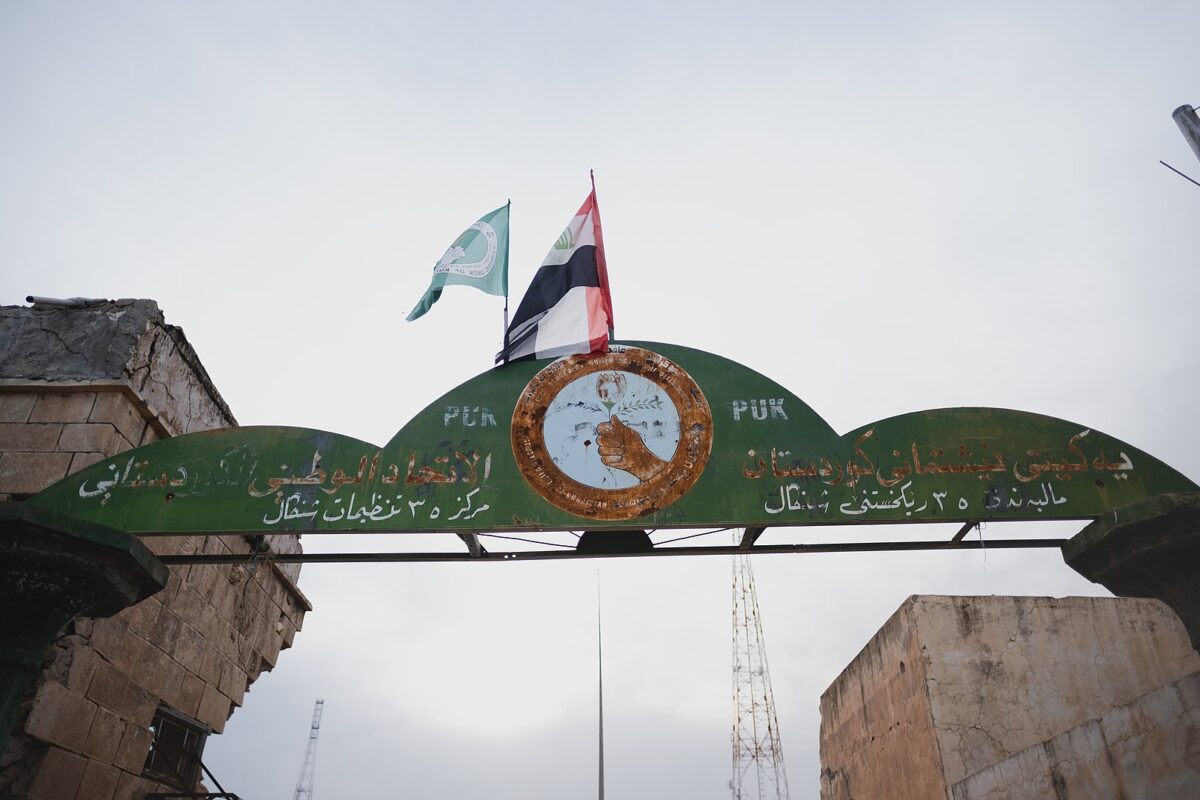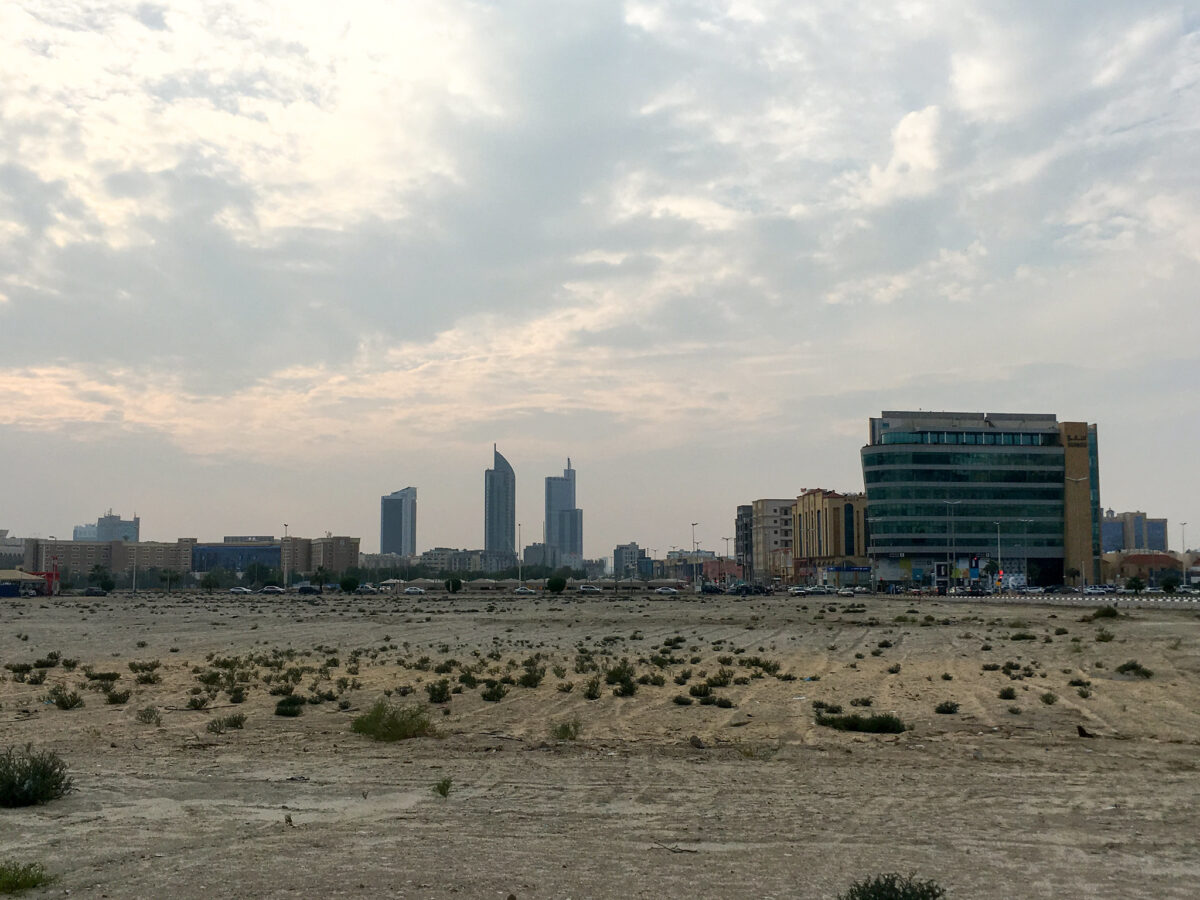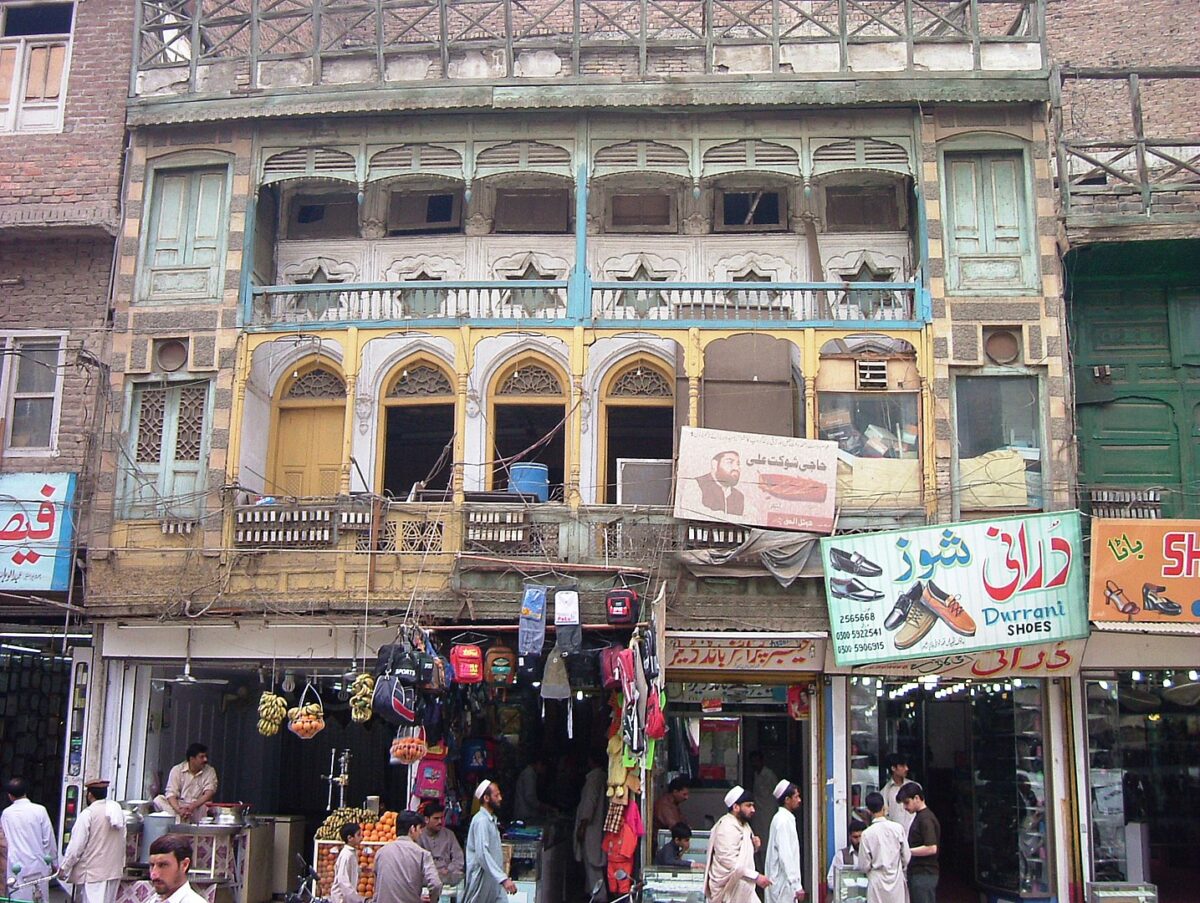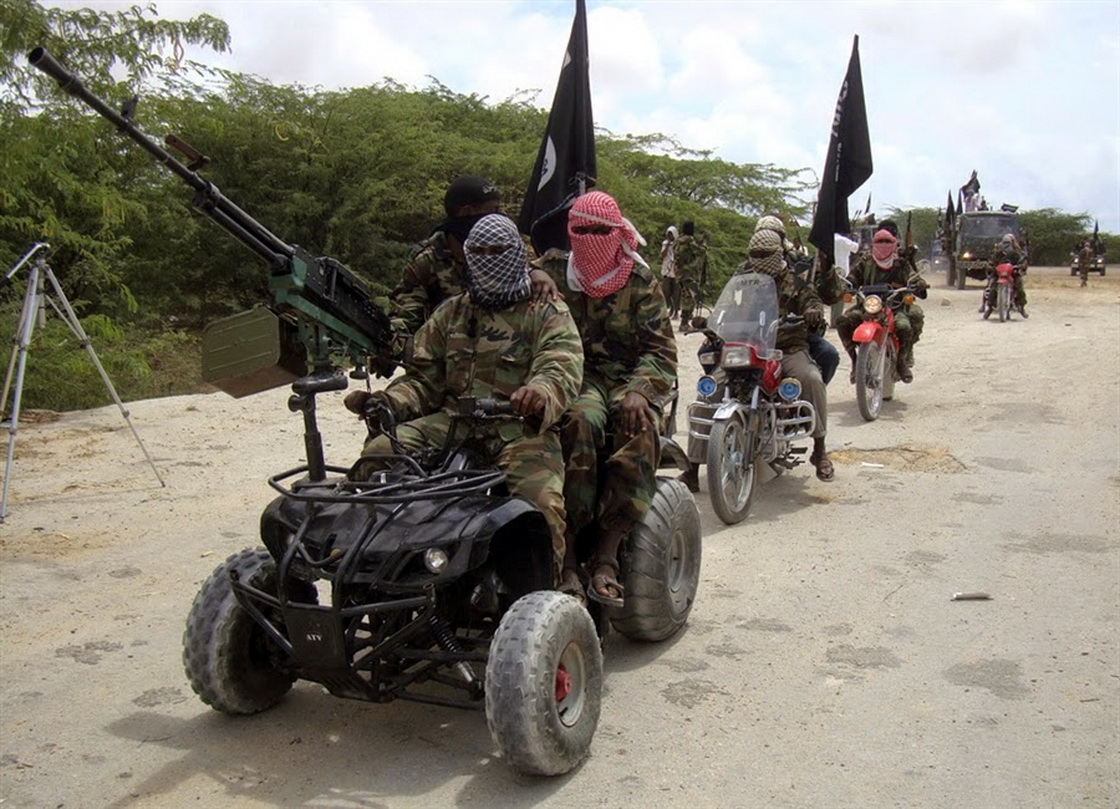On June 1, 2004 a car bomb tore through the Baghdad offices of the Kurdish political party PUK, killing 26 and wounding several others.

Phil Gurski is the President and CEO of Borealis Threat and Risk Consulting Ltd. Phil is a 32-year veteran of CSE and CSIS and the author of six books on terrorism.

On June 1, 2004 a car bomb tore through the Baghdad offices of the Kurdish political party PUK, killing 26 and wounding several others.

On May 31, 2008 a crude bomb went off in a theatre in Mumbai, India: fortunately no one was killed or injured.

On May 30, 2017 two Islamic State (ISIS) car bomb attacks in Baghdad killed at least 26 people and wounded dozens.

On May 29, 2004 Islamist terrorists attacked a residential complex in the Saudi port industrial city of Al Khobar, killing 22 and wounding another 25
Covid: Biden orders investigation into virus origin as lab leak theory debated

On May 28, 2005 two IEDs went off 15 minutes apart in a market in Tentena, Indonesia, killing 22 and injuring another 40.

On May 27, 2009 Taliban terrorists attacked a busy market in Peshawar, killing at least 11 people and critically wounding scores .

Killing a person is relatively straightforward: killing an idea less so.

Episode 95 – Just in time for the International Day of United Nations Peacekeepers, Phil Gurski talks to 30-year RCMP veteran Ben Maure about Canada’s international policing missions.

On May 26, 2004 Islamist terrorists in Baghdad opened fire on a bus carrying employees of the Russian firm Interenergoservice, killing two and wounding five